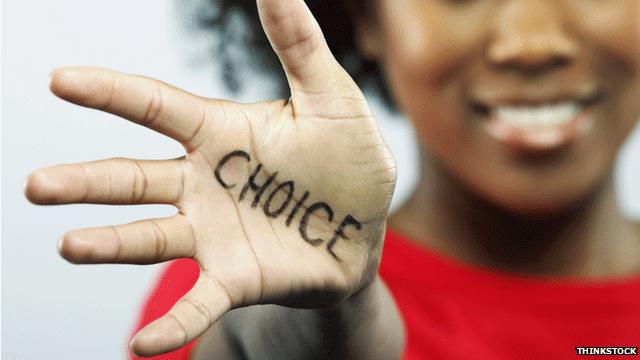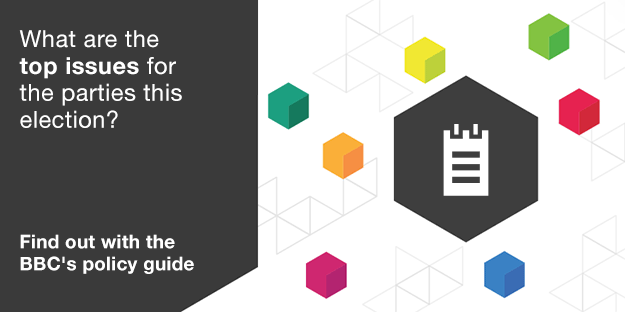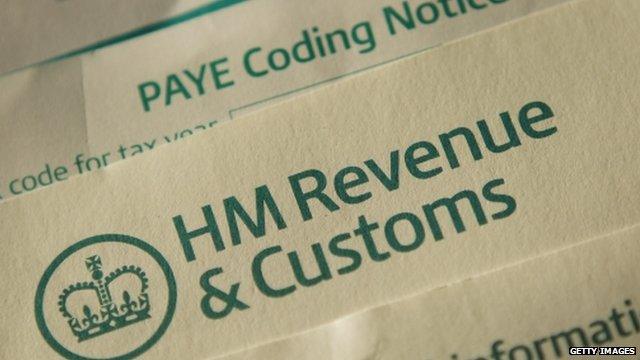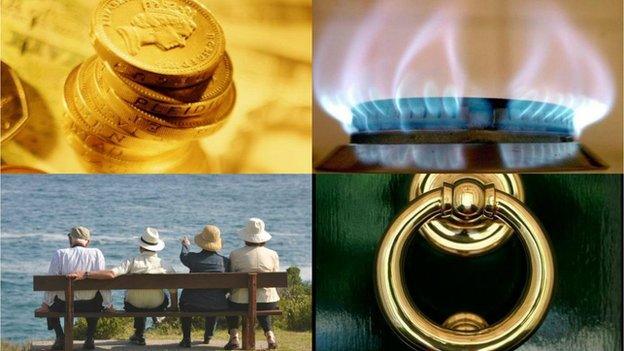Election 2015: Polling boss looks at the clues Scottish voters are giving?
- Published

BBC Scotland commissioned a poll to look at issues that matter to voters in Scotland. Here, Mark Diffley, director of Ipsos Mori Scotland which carried out the survey, highlights what he found interesting.

In exactly one month, millions of Scots will be casting their votes in what promises to be a tightly contested general election.
This BBC Scotland commissioned poll provides some clues about the priorities of voters in Scotland as they weigh up their decisions.
As far as economic policy is concerned, the poll suggests a number of priorities for Scots.....
Improve the standard of living, particularly for those most in need, by increasing wages and pensions and keeping bills low
Increase public spending before paying off the deficit
And raise taxes on those with the greatest income and wealth.
Scots' most pressing priorities for economic policies are to increase the minimum wage to £7.85 per hour (which achieved an average score of 8.2 out of 10) and to guarantee that old age pensions would rise over the next five years (7.9 out of 10).

However, what's interesting is that voters don't appear to be just thinking about their own situations in deciding election priorities.
Support for increasing the minimum wage is actually highest among those who are retired (average score 8.6) while raising pension levels is the top economic priority for those aged 25-34 (7.9 out of 10) and the second highest economic priority of those aged 35-54 (also 7.9).
The survey also appears to show that Scots prioritise enhanced spending on public services ahead of paying off the deficit.

The poll indicated support for increased taxation
They also indicate support for increasing public spending even if the deficit is not eliminated by 2020 (with an average score of 6.3 out of 10) is in contrast to the two statements which produce the lowest priority scores; paying off the deficit by 2020 even if that means reducing public spending (average score 4.6) and reducing taxes, even if that means cutting public services (average score 4).
Not that this translates into endorsing increased spending on the welfare bill; indeed at an average score of 6.3, support for a cap on the total amount paid in welfare benefits to a household is around the same as support for increased public spending.
And support for a welfare cap is relatively consistent among voters of different ages and in different communities in Scotland, even if, unsurprisingly, it is seen as a lower economic priority for those who are not currently working.
Better off
While the poll points to a desire for economic policies which prioritise a higher standard of living and more spending on public services, voters show support for paying for those priorities through increasing taxes on those with the greatest income and wealth.
Tax raising measures score highly in the list of economic priorities; the introduction of a Mansion Tax and the increase of a top rate of income tax of 50p in the pound achieve average scores of 7.4 and 7.2 out of 10.
Again this contrasts with alternative ways of paying for more spending, such as charging better-off older people for some things which are currently free, which achieved a score of 5.2.
With the election manifestos being published over the coming days, voters in Scotland will be looking closely to see which party matches their economic priorities over the next five years.
- Published7 April 2015

- Published7 April 2015